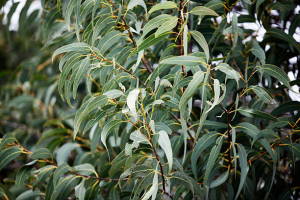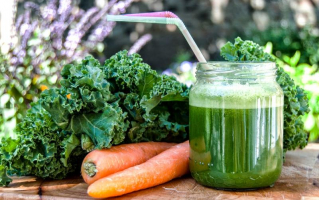Top 6 Health Benefits of Mango Leaves
Mango trees produce delicious, tropical fruit that is well-known to many people, but you might not be aware that the leaves of these trees are also edible. The ... read more...leaves are also used to produce tea and supplements since they are thought to be particularly nutrient-dense. Mangifera indica is a special kind of mango, and its leaves have been utilized for thousands of years in Ayurveda and traditional Chinese medicine. Here are some of the greatest, scientifically proven advantages of mango leaves.
-
Polyphenols and terpenoids are only two of the beneficial plant chemicals found in mango leaves. Terpenoids are crucial for healthy immune function and eyesight. Additionally, they are antioxidants, which guard your cells against dangerous chemicals known as free radicals. Polyphenols, meantime, have anti-inflammatory and antioxidant qualities. According to some studies, they enhance gut flora and aid in the treatment or prevention of diseases including cancer, diabetes, heart disease, and obesity.
Numerous advantages are attributed to a polyphenol called mangiferin, which is present in many plants but is particularly abundant in mangoes and mango leaves. Studies have looked at it as a possible anti-microbial agent and therapy for cancer, diabetes, heart disease, and problems in fat digestion.
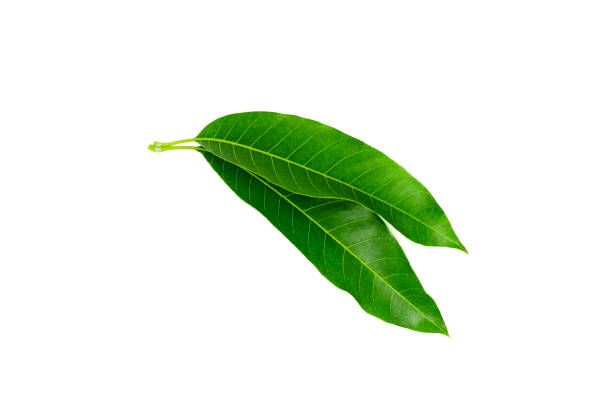
Rich in plant compounds 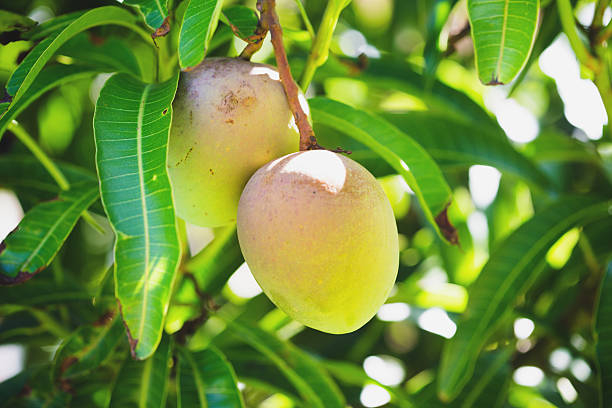
Rich in plant compounds -
The anti-inflammatory effects of mangiferin are responsible for many of the potential advantages of mango leaves. While inflammation is a natural immune reaction, it can also raise your chance of developing a number of illnesses.
Mango leaves' anti-inflammatory characteristics may even shield your brain against diseases like Alzheimer's or Parkinson's, according to tests on animals. In one research, rats were administered mango leaf extract at a dose of 2.3 mg/lb (5 mg/kg) to help reduce the effects of experimentally produced oxidative and inflammatory indicators in the brain.
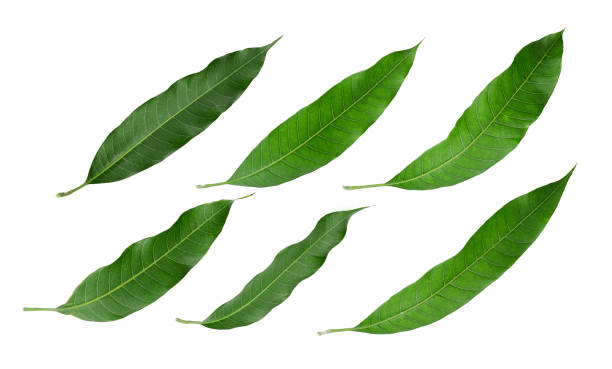
May have anti-inflammatory properties 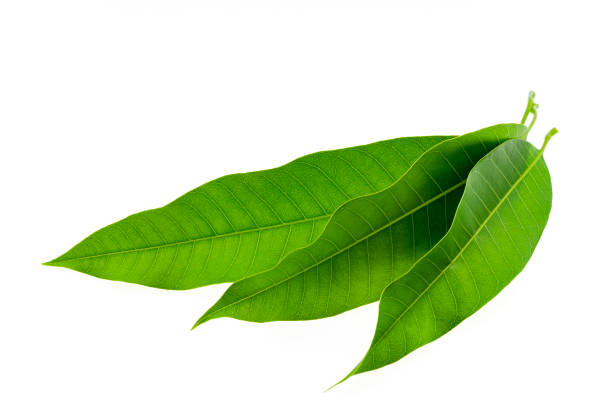
May have anti-inflammatory properties -
By interfering with fat metabolism, mango leaf extract may help treat obesity, diabetes, and metabolic syndrome. Mango leaf extract prevents fat from building up in tissue cells, according to several animal studies. Adiponectin levels were greater and fat accumulation was lower in cells treated with a mango leaf extract, according to different mouse research. Adiponectin is a cell-signaling protein that is important for your body's control of sugar and fat metabolism.
Higher levels may guard against obesity and chronic conditions linked to it. In research on obese rats, those who consumed mango leaf tea along with a high-fat diet accumulated less belly fat than those who simply received the high-fat diet. In 12-week research including 97 overweight people, those who received 150 mg of mangiferin daily had lower blood fat levels and considerably lower insulin resistance scores than those who received a placebo. Lower insulin resistance predicts better control of diabetes.
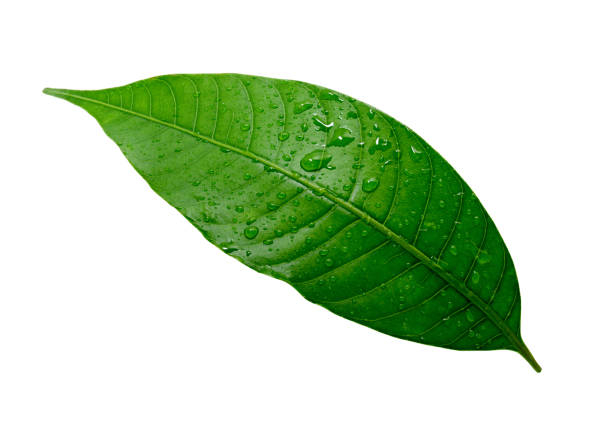
May protect against fat gain 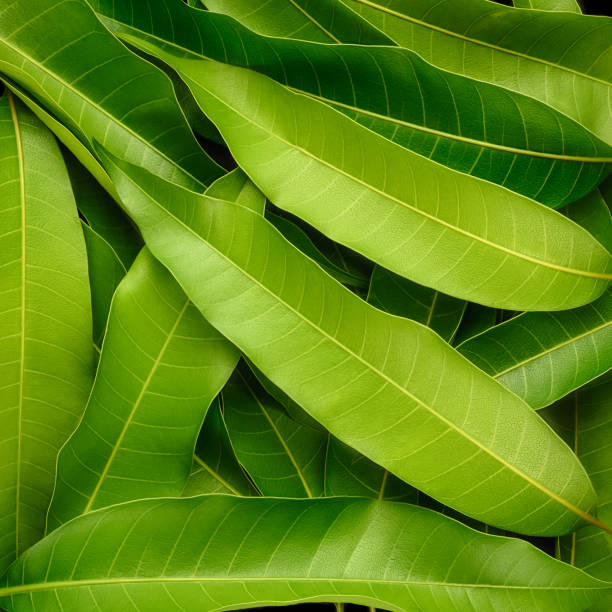
May protect against fat gain -
Due to its effects on fat metabolism, mango leaf may aid in the management of diabetes. Increased triglyceride levels are frequently linked to type 2 diabetes and insulin resistance. In one research, mice were given mango leaf extract. They had considerably decreased triglyceride and blood sugar levels after two weeks.
In rat research, it was shown that giving rats mango leaf extract at a dose of 100 mg per kilogram (45 mg per pound) decreased hyperlipidemia, a disease characterized by abnormally high levels of triglycerides and cholesterol. Mango leaf extract effectively lowered blood sugar levels compared to the glibenclamide group in a 2-week trial comparing mango leaf extract with oral diabetes medication in diabetic rats.
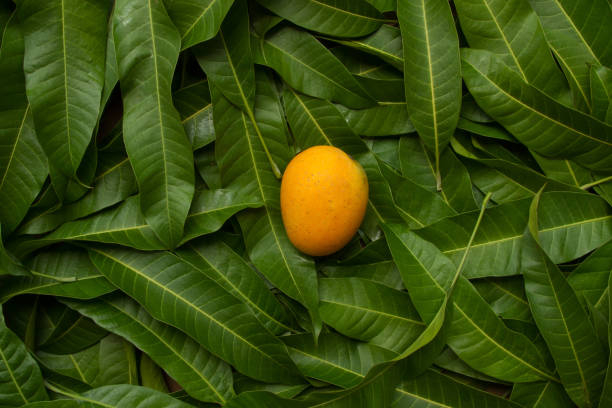
May help combat diabetes 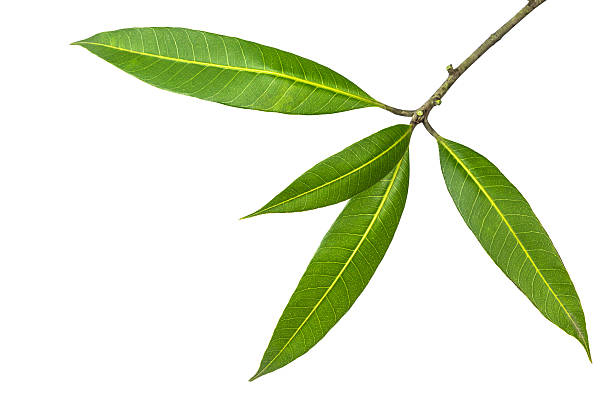
May help combat diabetes -
Mangiferin, an antioxidant and anti-inflammatory found in mango leaves, has been shown in several studies to have anticancer potential. Studies conducted in test tubes point to particular actions against leukemia and the malignancies of the breast, cervix, brain, lung, and prostate. Additionally, mango bark has considerable anticancer potential as a result of the presence of lignans, a different kind of polyphenol. The results are preliminary, therefore it's important to keep in mind that mango leaves shouldn't be used as a cancer treatment.
Historically, stomach ulcers and other digestive disorders have been treated using mango leaf and other plant components. In a mouse investigation, it was shown that giving mango leaf extract orally at a dose of between 250 and 1,000 mg per kilogram of body weight reduced the number of stomach ulcers. Similar outcomes were obtained in another rodent trial, with mangiferin dramatically reducing intestinal damage.
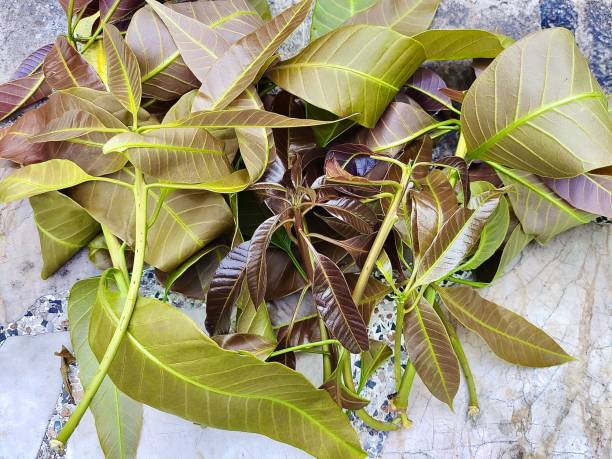
May have anticancer properties 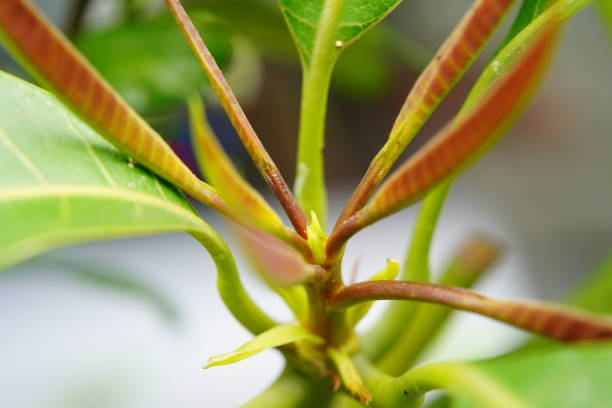
May have anticancer properties -
Because mango leaf extract contains antioxidants, it may lessen indications of aging on the skin. Mango extract, administered orally to mice in research, boosted collagen formation and greatly decreased the duration of skin wrinkles. The dosage was 45 mg per pound (100 mg per kg) of body weight. Remember that this extract was for mangoes in general and not only for mango leaves.
Mango leaf extract may have antibacterial properties against the bacterium Staphylococcus aureus, which can cause staph infections, according to test-tube research. Psoriasis, a skin ailment that results in dry, itchy areas of skin, has also been investigated using mangiferin. This polyphenol promoted wound healing, according to a test-tube investigation utilizing human skin.
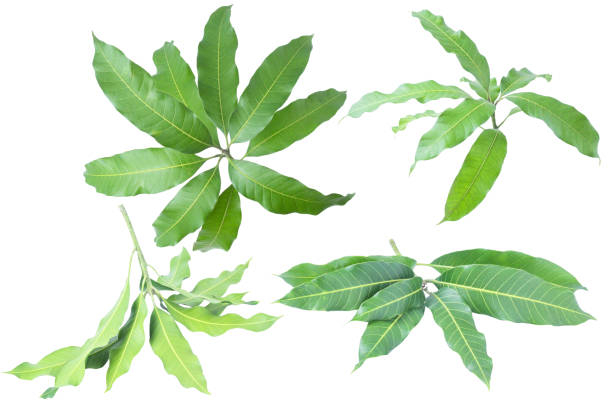
May support healthy skin 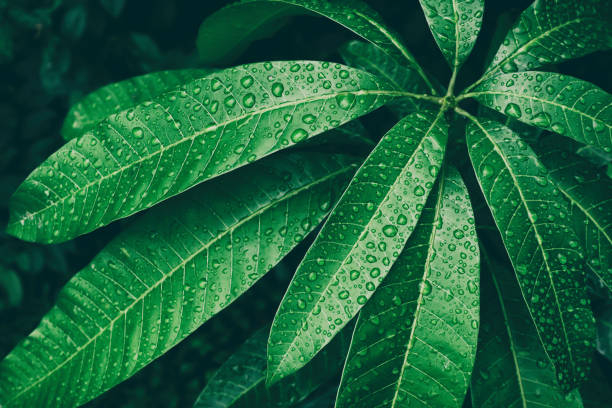
May support healthy skin








